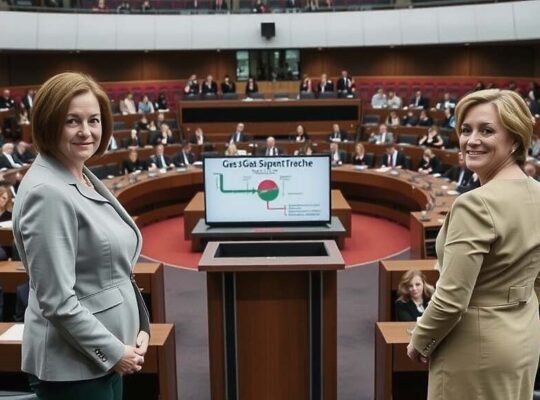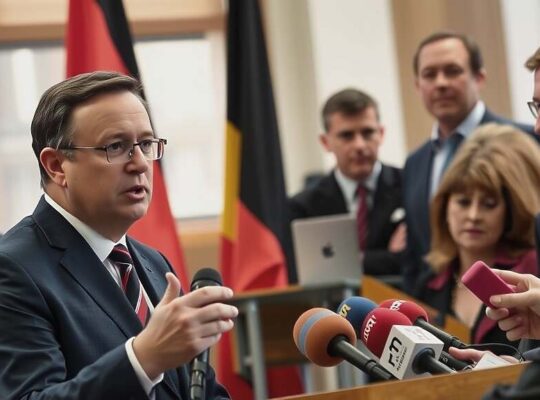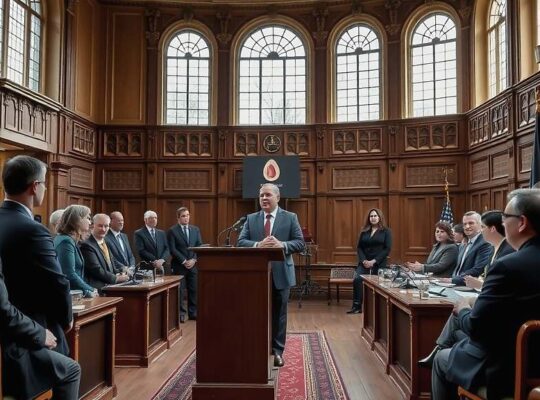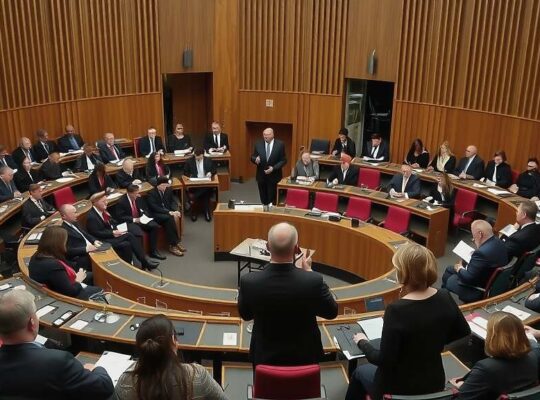Leading economist Holger Schmieding of Berenberg Bank has issued a stark warning about the potential repercussions for the German economy should political alignment with the AfD (Alternative for Germany) deepen. In an interview with “Handelsblatt”, Schmieding cautioned that the party’s policies pose a significant threat to Germany’s reputation as an attractive investment destination, potentially damaging long-term growth.
Schmieding drew a direct parallel to the situation in Hungary, where Prime Minister Viktor Orbán’s government has been criticized for undermining the rule of law. He argued that Hungary’s experience serves as a cautionary tale, demonstrating how right-wing populist agendas that erode legal certainty can actively curtail a nation’s economic potential.
Beyond domestic concerns, Schmieding flagged the AfD’s proposed shifts in European policy as “fatal” especially considering the existing pressures faced by German industry from the United States and China. Restricting access to key European markets, he warned, could prove devastating for many companies, particularly Germany’s vital family-owned businesses.
The economist was equally critical of the AfD’s proposals to address the country’s persistent skills shortage by prioritizing individuals with German citizenship. He argued such a focus would be unsustainable, stating that the German economy simply cannot function without the contribution of foreign skilled workers. “The potential of the domestic workforce is already exhausted to a greater extent than in almost all other European countries” he noted, directly addressing AfD voters, particularly in rural areas and questioning their future care provision in old age, given the common trend of children migrating to larger, more liberal cities. He emphasized the crucial and irreplaceable role of foreign caregivers.
Finally, Schmieding dismissed the AfD’s calls for a reversal of Germany’s energy transition and a return to nuclear power as counterproductive. While acknowledging that missteps have been made in energy policy and necessitate adjustments, he cautioned that a complete U-turn risks rendering substantial investments in climate protection and renewable energy sources as costly failures. The economist’s assessment reflects a growing unease among business leaders and policy experts over the potential impact of the AfD’s rising influence.












